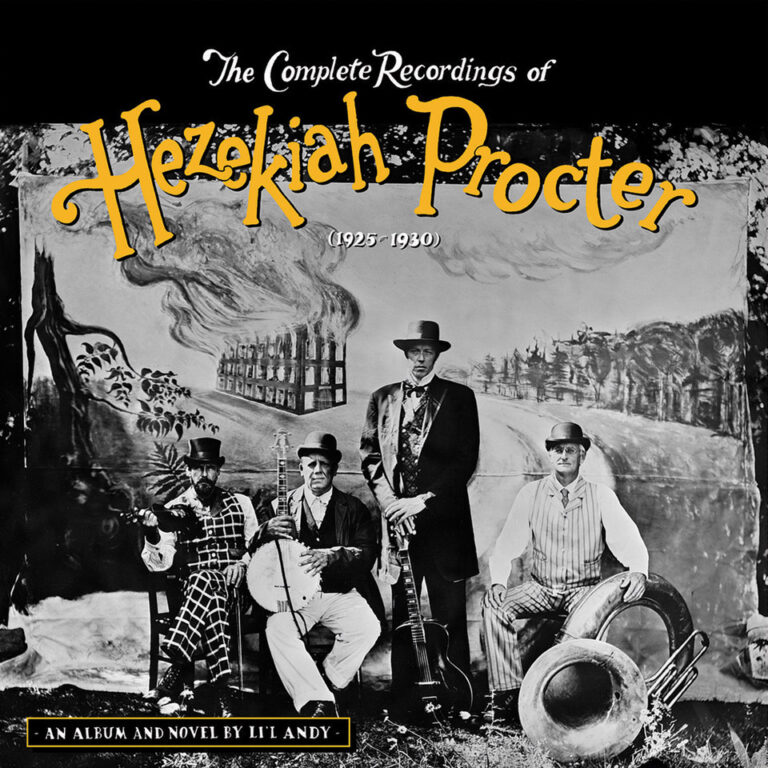Li’l Andy, The Complete Recordings of Hezekiah Procter (1925-1930). Well, here’s a novel idea – both figuratively and literally: Montreal-based singer, songwriter, and guitarist Li’l Andy penned a novel about an early-20th-century folk, country, and jug band musician from North Carolina he called “Hezekiah Procter.” Andy also put himself in the shoes of that character to write and record an album of his imagined “complete recordings.” Accompanying the singer and guitarist on the record is a Canadian trio comprised of Sheesham Crow, Lotus Wight, and Son Sanderson, who specialize in reviving old-time music with the help of such instruments as banjo, fiddle, kazoo, and sousaphone.
The result sounds like something out of Harry Smith’s now-legendary Anthology of American Folk Music – especially since Andy captured his 18 performances using a wire recorder made in 1938. (The release, which is available on disc or for download via a code included with the book, also taps relatively contemporary technology – analog tape – to deliver alternate versions of 11 of the songs.)
“I spent nearly a decade trying to find a way to authentically replicate the sound of old 78 recordings with antique equipment,” Andy told me in an email, “because I found so many old-time bands ruined their sound by recording digitally on ProTools. There’s just something about how we, as a culture, have learned to hear folk, blues, and early jazz with the ‘lo-fi’ sound of wax cylinders; it only sounds right to me when the recording process is also antiquated.”
This album sounds very right, and not just because the recording process – not to mention the songs and lyrics – conjures up another era. This is evocative music, well sung and played. It would have sounded good a hundred years ago and for anyone who enjoys roots country and folk, it should sound good today.
Also Noteworthy
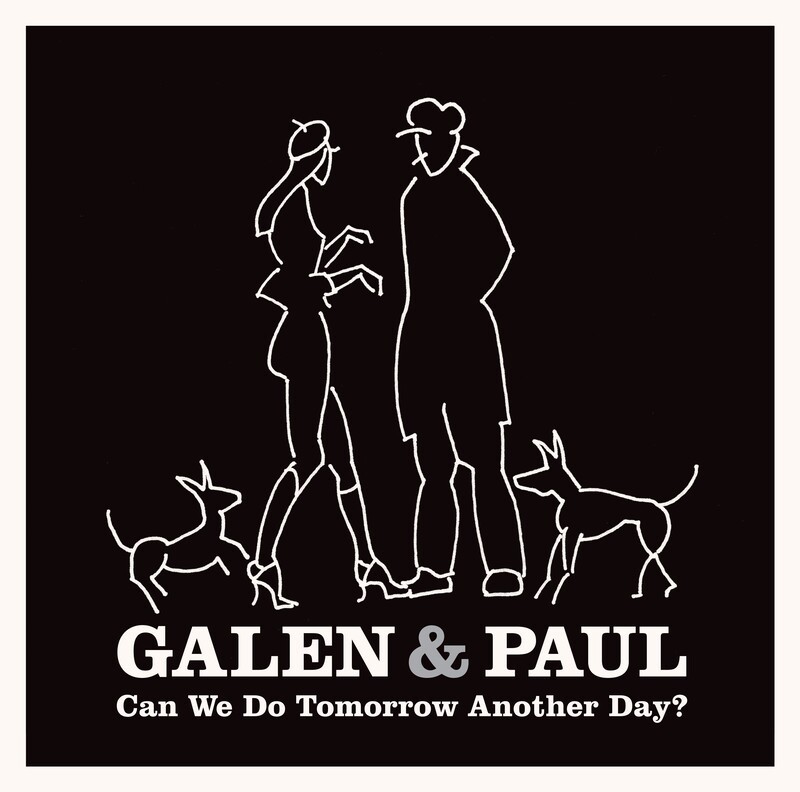
Galen & Paul, Can We Do Tomorrow Another Day? In a pairing that may seem as unexpected as the one between, say, Led Zeppelin vocalist Robert Plant and bluegrass/country artist Alison Krauss, former Clash bassist Paul Simonon has teamed with folk/pop singer and songwriter Galen Ayers for this utterly charming collection. Like Ayers’s 2018 album, Monument, the CD is sometimes redolent of 1950s and ’60s American and Latin pop and folk, but its songs – all penned by the duo and variously sung by them in English and Spanish – also draw heavily on European influences (and sometimes reference places on the continent). The resulting blend ignores current musical trends and delivers something that is wholly original and completely out of left field.
Ayers, the daughter of Soft Machine co-founder Kevin Ayers, possesses a wonderful soprano that serves as an ideal counterpoint to Simonon’s understated vocals. The production by Tony Visconti (David Bowie, U2, T.Rex) is imaginative and winning; the judiciously employed backup band is perfect; and the duo’s witty lyrics and breezy melodies are playful and fun. The album’s biggest strength, though, might be the chemistry between Ayers and Simonon. Just listen to their banter on “I’ve Never Had a Good Time…in Paris.” That performance will make you smile, and so will the CD’s nine other numbers.
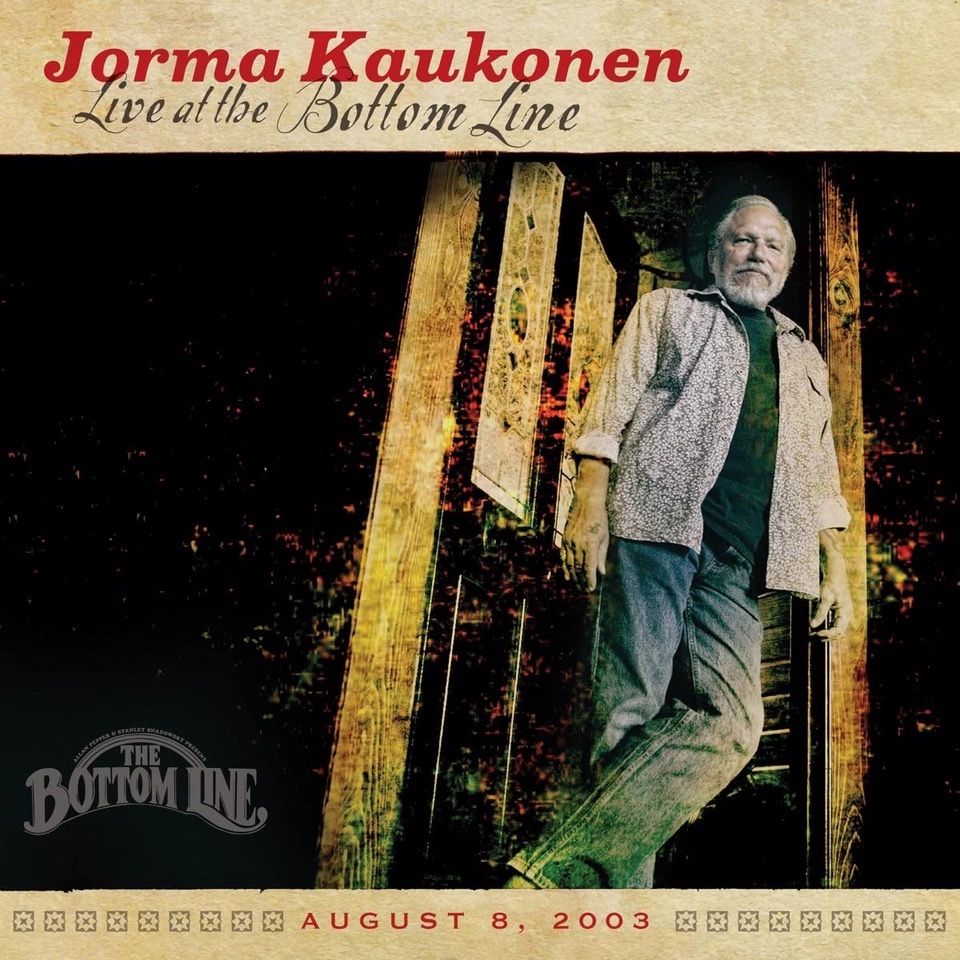
Jorma Kaukonen, Live at the Bottom Line. This recording of a terrific 2003 New York acoustic concert by Jorma Kaukonen, a veteran of Jefferson Airplane and a cofounder of Hot Tuna, has just been issued as a two-CD set. The show finds the singer and guitarist ably accompanied by mandolin, guitar, and banjo player Barry Mitterhoff, a former Hot Tuna member, and steel guitarist Cindy Cashdollar, who has performed with Asleep at the Wheel, Van Morrison, and the Band’s Rick Danko and Levon Helm.
The nearly two-hour set showcases an expansive reading of the traditional “Good Shepherd,” a song that appeared on the Airplane’s Volunteers LP, and several numbers that featured on Hot Tuna’s self-titled debut album, including the traditional “Hesitation Blues” and “Uncle Sam Blues” as well as Reverend Gary Davis’s “Death Don’t Have No Mercy.” Among the dozen other blues-, country, and folk-based selections are Jimmie Rodgers’s “Waiting for a Train,” Davis’s “I’m the Light of the World” and several Kaukonen originals. He really stretches out in the concert setting, delivering sensational fingerpicking guitar work on songs that typically clock in at more than five minutes each.

Keturah, Keturah. At the age of just 13, after her mother died, Malawi-born Keturah left her little village on foot and walked to Blantyre, the southeast African country’s second-largest city, where she thought she might find a recording studio. There she met a producer, recorded a song, and became a local celebrity. Now, at age 27, the singer has come to Los Angeles and made this beautiful eponymous debut LP, which features an excellent backup band that emphasizes guitar and percussion; a sax also pops up on one track, and a trumpet highlights another.
The songs, all co-authored by Keturah, blend African rhythms with folk, funk, and some American elements (particularly on “Nchiwewe,” which is subtitled “Ode to Willie Nelson”). There are a few gorgeous ballads here, such as the strings-spiced “Sukulu,” but most of the music is as bright and bouncy as anything by the late Hawaiian guitarist and singer Gabby Pahinui, whose work Keturah sometimes recalls. She sings in her native tongue, so you almost certainly won’t understand a word, but no matter: here’s proof that music is the universal language.
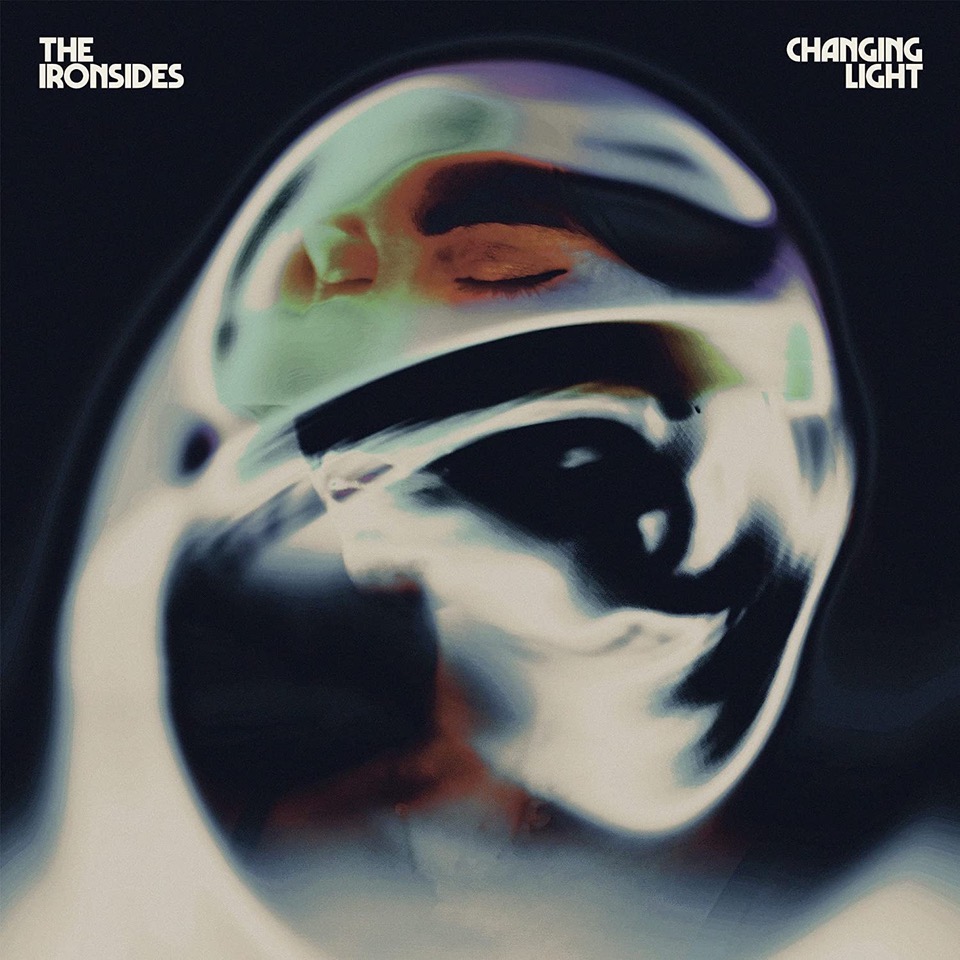
The Ironsides, Changing Light. Call it New Age or – as an accompanying press release describes it – “cinematic psych-soul.” Whatever you call it, this first full-length album by the San Francisco Bay Area–based Ironsides delivers a rich, varied, effusive, and consistently engrossing sonic journey.
The music may remind you of 1960s-era European soundtracks or perhaps of the atmospheric albums by the Mystic Moods Orchestra, which was known for blending symphonic elements with environmental sounds and pop music. The eight tracks on Changing Light are densely layered, with the group’s guitar, bass, and drums augmented by nearly two dozen other players on violin, cello, French horn, piano, trombone, trumpet, glockenspiel, slide guitar, and more.
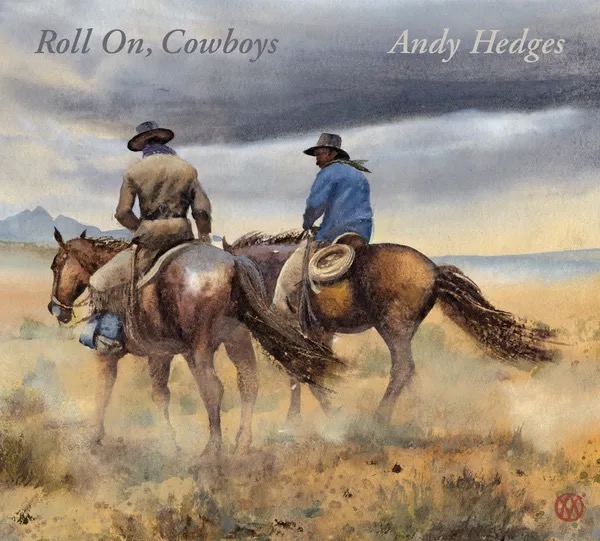
Andy Hedges, Roll On, Cowboys. Singer, guitarist, and self-described “collector of cowboy songs and poems” Andy Hedges has recruited some of his talented and distinguished friends to duet with him on this 22-track, two-CD collection. Offering a mix of classic and obscure western, folk, and country tunes, it includes such highlights as Woody Guthrie’s “Philadelphia Lawyer” and the traditional “Railroad Bill,” both with accompaniment by Ramblin’ Jack Elliott, a Guthrie disciple; the traditional “Rounded Up in Glory,” featuring Michael Martin Murphey; and two more traditional numbers where Hedges is joined by the great Tom Russell, “Root Hog or Die” and “Old Dolores.”
A 28-page booklet offers discographic notes, an essay by Texas guitarist and songwriter Andy Wilkinson, and quotes from interviews with the performers that aired on Hedges’s Cowboy Crossroads podcast.
Jeff Burger’s website, byjeffburger.com, contains five decades’ worth of music reviews, interviews, and commentary. His books include Dylan on Dylan: Interviews and Encounters, Lennon on Lennon: Conversations with John Lennon, Leonard Cohen on Leonard Cohen: Interviews and Encounters, and Springsteen on Springsteen: Interviews, Speeches, and Encounters.


